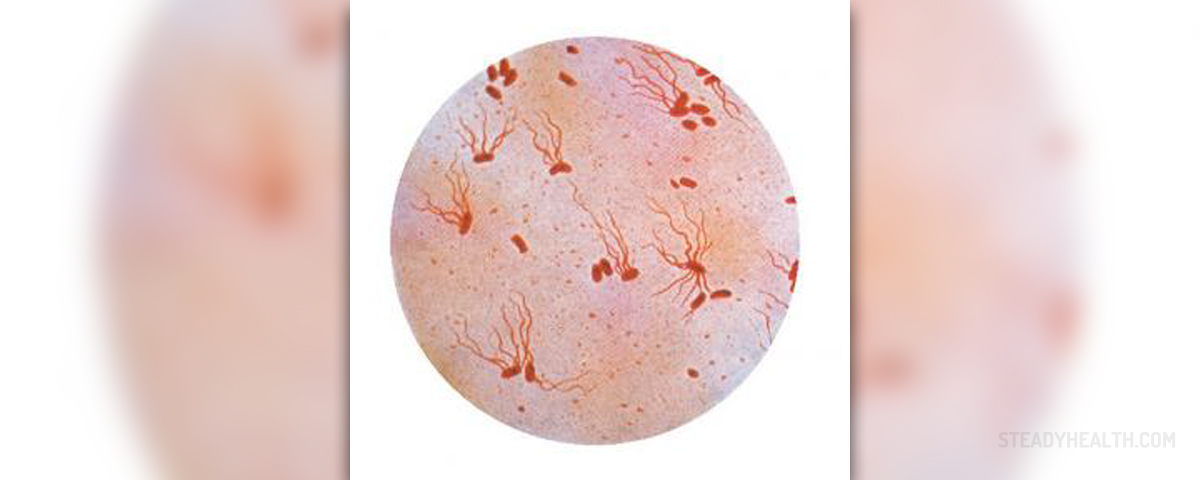
Typhoid Fever
Typhoid fever is a medical condition caused by the bacteria Salmonella typhi. This infection does not occur often in industrialized countries but it is quite common in the developing countries. The infection is spread through food and water contaminated by Salmonella typhi or if one gets into direct contact with a person suffering from typhoid fever. Typical symptoms and signs of the disease include increased body temperature, headache, pain in the abdomen, constipation and/ or diarrhea. This infection is successfully treated with antibiotics. Unfortunately, small number of people dies due to complications of the disease. Prevention against typhoid fever can be obtained by vaccines. These vaccines are only partially effective. Nonetheless, people who are going to countries in which typhoid fever is endemic are regularly vaccinated against this infective disease.
Symptoms of Typhoid Fever
In children symptoms and signs of the disease develop suddenly and rapidly while in adults they occur gradually. In adults symptoms commonly appear one to four weeks after exposure to infective agent.
During the first week of typhoid fever patients deal with increased body temperature of approximately 103 or 104 F, headache and general weakness. Patients additionally complain about fatigue, sore throat and pain in the abdomen. Abnormal bowel movements include either constipation or diarrhea. And finally, certain number of patients develop skin rash in a form of small, flat spots. In typhoid fever rash affects lower part of the chest and upper abdomen. Rash disappears spontaneously within 2 to 5 days. Constipation usually occurs in adults while children most commonly suffer from diarrhea.
People who have not been treated after initiation symptoms and signs of infection have occurred enter the second stage of the disease. The progression of typhoid fever leads to continuous fever, prolonged diarrhea and/ or constipation, significant weight loss and extreme distension of the abdomen. The second stage develops during the second week of the infection.
The third week of typhoid fever causes delirium. Patients lie motionless and completely exhausted. Their eyes are half-closed. This condition of patients is known as the typhoid state. In this stage of the disease patients may die due to certain complications of the disease.
During the fourth week of the disease the health of patients starts to improve. The fever decreases gradually. Still, symptoms of the disease may reoccur two weeks after the fever has returned to normal.
Each and every person who became ill while traveling to endemic countries is supposed to visit his/ her doctor and receive proper treatment. This way the disease will not be so severe and the potential complications will be successfully avoided.



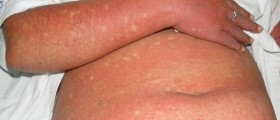
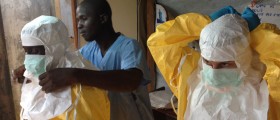
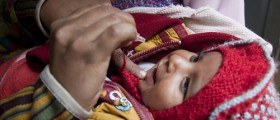

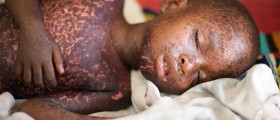

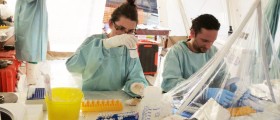







Your thoughts on this
Loading...